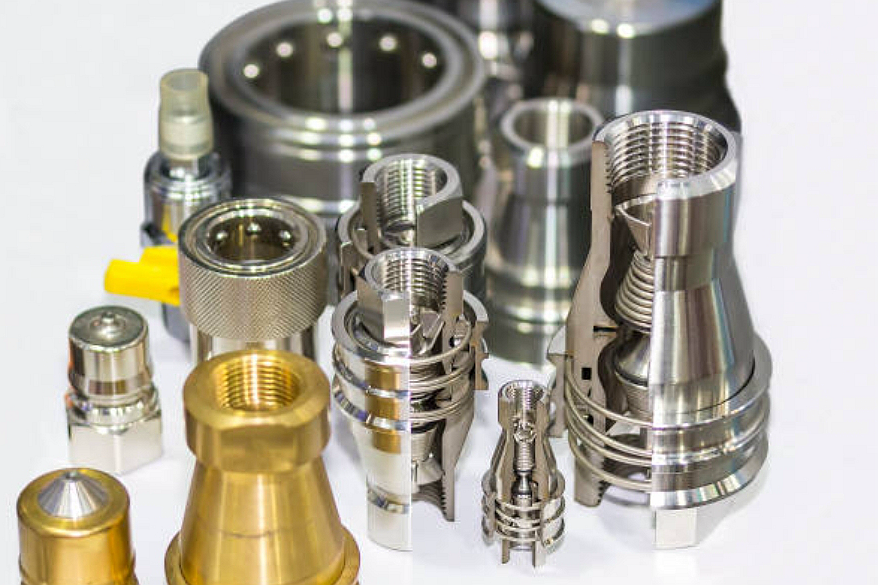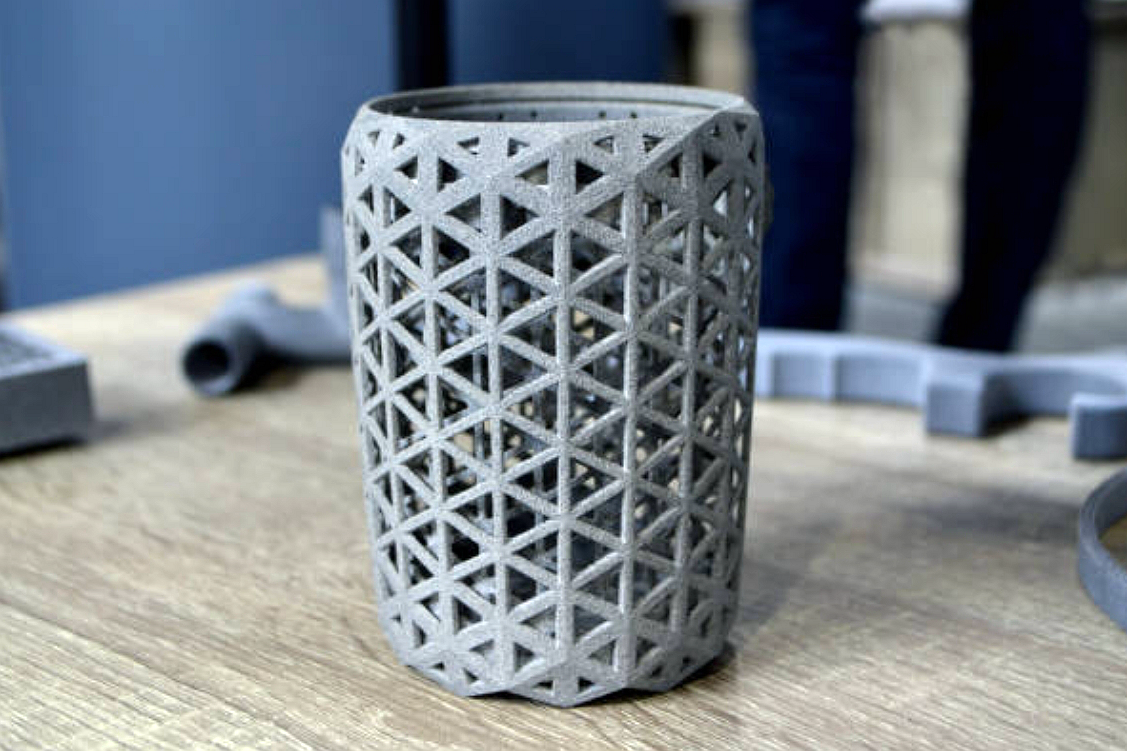What materials are commonly used in industrial 3D printing?
What Materials Are Commonly Used in Industrial 3D Printing?
Overview of Industrial-Grade 3D Printing Materials
Industrial 3D printing uses a broad range of engineering polymers, high-performance metals, and ceramics to meet the performance demands of aerospace, automotive, medical, and energy sectors. Each material is selected based on mechanical strength, thermal resistance, chemical stability, and process compatibility. Neway's 3D printing services support these materials through advanced processes like SLS, DMLS, SLA, and FDM.
Common Metal Materials
Aluminum Alloys
AlSi10Mg: Lightweight and strong, suitable for structural components and heat exchangers
Use Cases: Automotive brackets, aerospace housings
Learn More
Titanium Alloys
Ti-6Al-4V (Grade 5): Exceptional strength-to-weight ratio and biocompatibility
Use Cases: Medical implants, turbine blades, aerospace fasteners
Nickel-Based Superalloys
Inconel 625, 718: High-temperature resistance and corrosion performance
Use Cases: Jet engine parts, chemical processing components
Tool Steels
H13, M2: High hardness and wear resistance for tooling and mold inserts
Common Plastic and Composite Materials
Nylon (PA12, PA6)
Excellent wear resistance and flexibility
Used in SLS for enclosures, jigs, and functional parts
PEEK (Polyether Ether Ketone)
High strength, thermal stability (up to 250°C), and chemical resistance
Preferred in medical, aerospace, and oil & gas
Ultem (PEI)
Flame-retardant, stable up to 200°C, and ideal for electrical applications
ABS and PC
Carbon-Fiber Filled Filaments
Reinforced thermoplastics (e.g., Nylon + CF) for added stiffness and strength
Ideal for structural and lightweight applications
High-Performance Resin Materials
Standard Resins: Used in SLA for prototyping
Engineering Resins: High-temperature, flexible, or tough resins for functional parts
Biocompatible Resins: Used for surgical guides, dental applications
Supporting Material Selection Services
Neway provides tailored consultation for:
Material Selection based on application, geometry, and environment
Hybrid Manufacturing with CNC finishing for optimal strength and precision
Rapid Prototyping to validate material behavior and form-fit function
With ±0.01 mm accuracy, certified raw materials, and global delivery, Neway ensures industrial-grade reliability across a full range of 3D printing materials.



